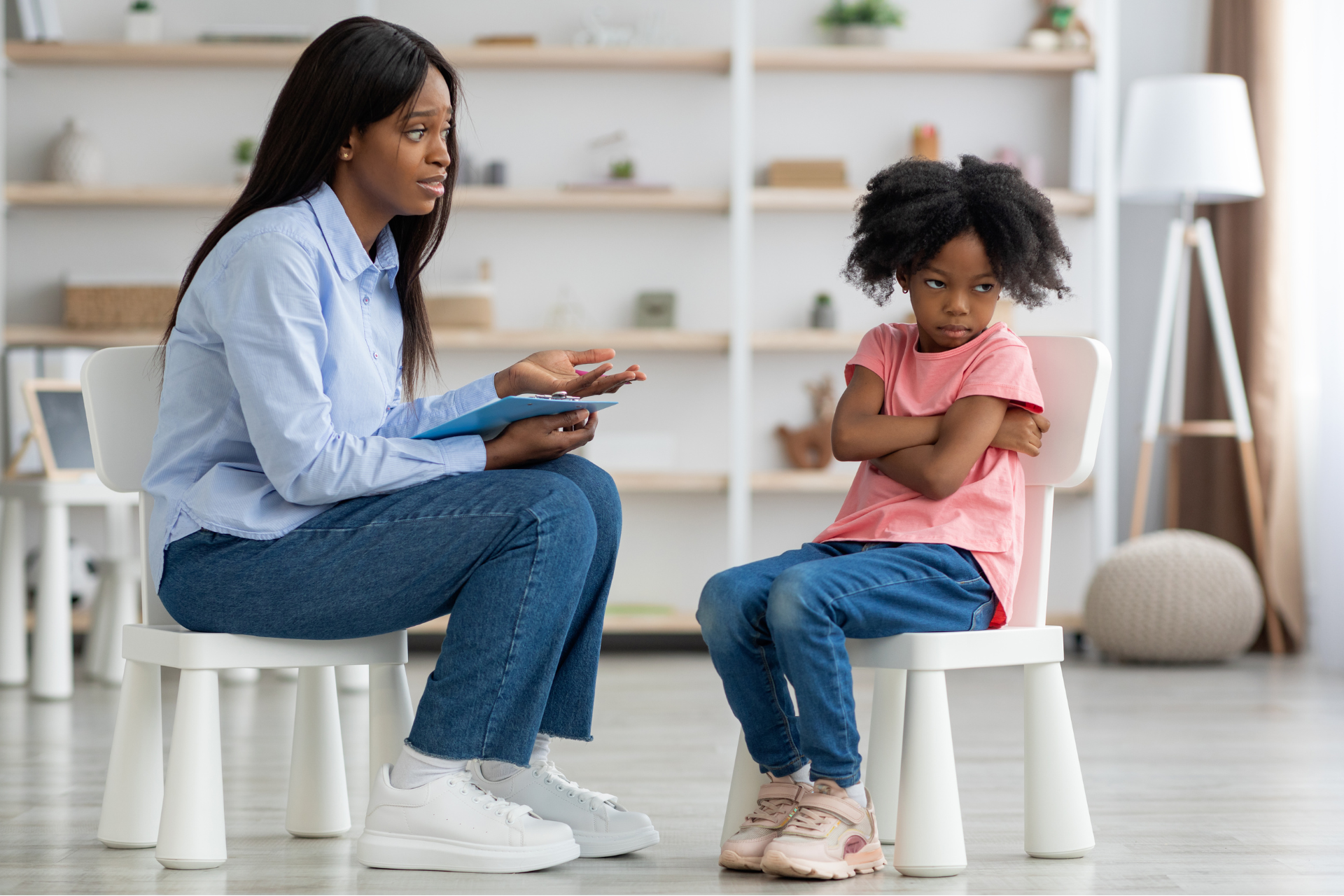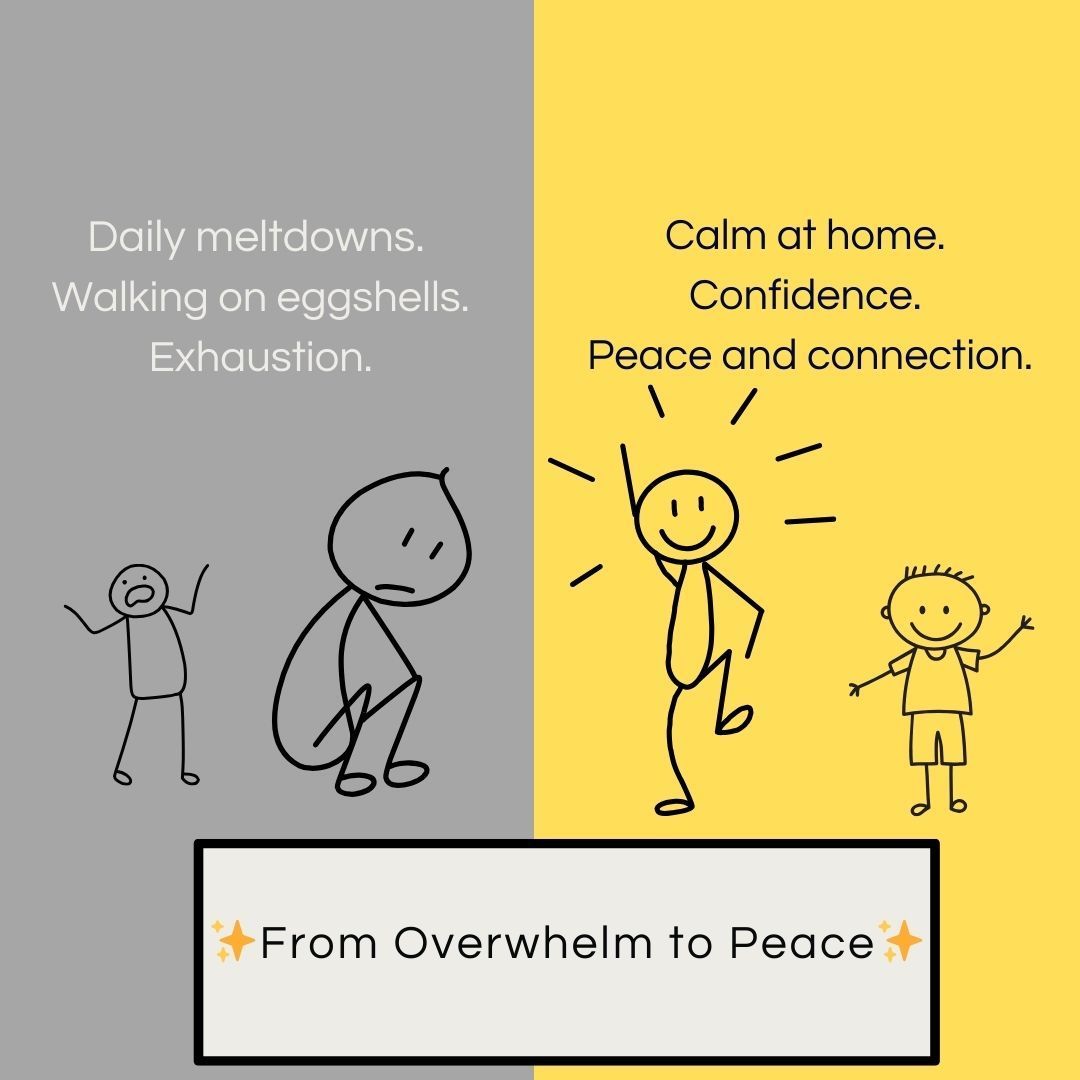How Can Sensitive Parents Coaching Improve Your Parenting?
Are you feeling overwhelmed by the challenges of parenting? Do you often find yourself unsure of how to handle sensitive situations with your children? If so, you're not alone. Many parents struggle with navigating the complexities of raising children, especially in today's fast-paced world. However, there is hope. Sensitive parent coaching can provide you with the support and guidance you need to become a more confident and effective parent. Here are the seven ways that sensitive parent coaching can improve your parenting skills and help you create a more harmonious family life.
● Understanding Your Child's Needs:
One of the key benefits of parent coaching is gaining a deeper understanding of your child's unique needs and temperament. A skilled parent coach can help you recognize your child's cues and signals, allowing you to respond to their needs more effectively. By learning to tune into your child's emotions and perspectives, you can build a stronger connection and foster a more supportive environment for their growth and development.
● Effective Communication:
Communication is essential in any relationship, including the parent-child dynamic. Parent coaching can teach you valuable communication strategies that can help you convey your emotions more clearly and listen attentively to your child's concerns. By enhancing your communication skills, you can avoid misunderstandings and conflicts, and nurture a more open and trusting relationship with your child.
● Setting Boundaries with Empathy:
Setting boundaries is an important factor of parenting, but it can be challenging to do so in a sensitive and empathetic manner. A parent coach can provide you with practical techniques for setting boundaries while still honoring your child's feelings and autonomy. By maintaining clear and consistent boundaries, you can create a sense of security and stability for your child, helping them feel safe and respected.
● Managing Emotions:
Parenting can evoke a wide range of emotions, from joy and love to frustration and anger. Sensitive parent coaching can help you develop healthy coping mechanisms for managing your emotions and responding to stressful situations calmly and constructively. By modeling emotional regulation for your child, you can teach them valuable skills for managing their own feelings and navigating life's challenges with resilience.
● Promoting Positive Discipline:
Discipline is not about punishment; it's about teaching and guiding your child toward responsible behavior. Parent coaching can help you adopt a positive discipline approach that focuses on teaching lessons rather than instilling fear. By using techniques such as positive reinforcement, problem-solving, and logical consequences, you can encourage your child to learn from their mistakes and make positive choices in the future.
● Building Confidence as a Parent:
Many parents struggle with self-doubt and insecurity, especially when faced with difficult parenting decisions. Sensitive parent coaching can help you build confidence in your parenting abilities by validating your strengths and offering guidance and support where needed. By gaining confidence in your parenting skills, you can solve the challenges with a sense of empowerment and assurance, knowing that you have the tools and knowledge to handle them effectively.
● Access to Local Parenting Classes:
One of the advantages of parent coaching is the opportunity to access local parenting classes and workshops tailored to your diverse needs and interests. These classes focus on multiple topics, from child development and behavior management to self-care and stress management for parents. By participating in these classes, you can expand your knowledge and skills as a parent, connect with other parents facing similar challenges, and receive personalized support and guidance from experienced professionals.
Conclusion:
Sensitive parent coaching offers a wealth of benefits for parents seeking to improve their parenting skills and create a more nurturing and supportive family environment. By understanding your child's needs, improving communication, setting boundaries with empathy, managing emotions, promoting positive discipline, building confidence, and accessing local parenting classes, you can become a more effective and confident parent. If you're ready to take your parenting journey to the next level, consider enrolling in parent coaching sessions with me at Sweet Spot Parent Coaching.
As a parent myself, I, Dr. Ceara Deno, a certified parent coach, understand the challenges and joys that come with raising children. That's why I founded Sweet Spot Parent Coaching: to provide parents like you with the support and guidance you need to thrive in your parenting journey. With personalized coaching sessions and access to local parenting classes, we can work together to create a harmonious family life filled with love, understanding, and growth. For a detailed overview of my coaching services, reach out to me today!












